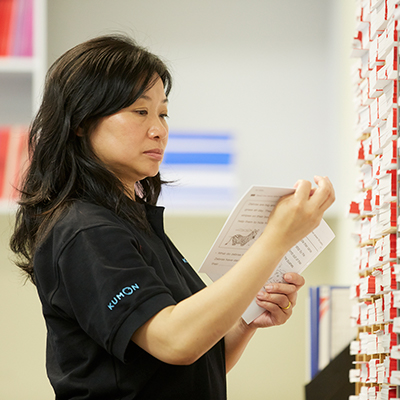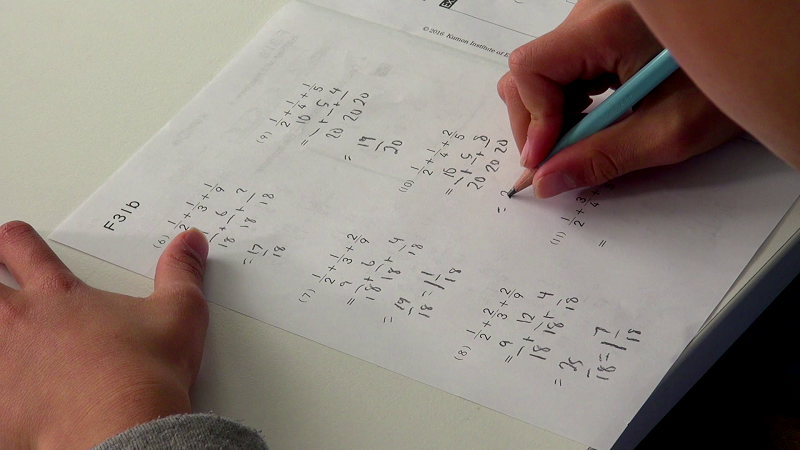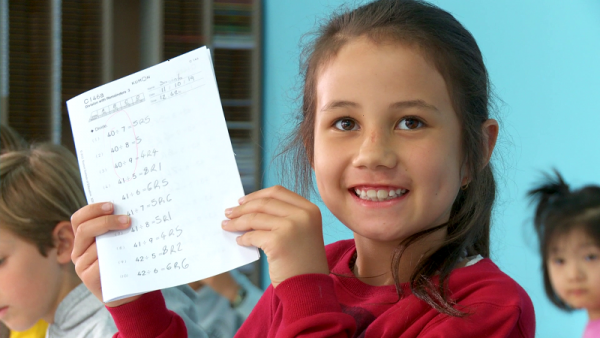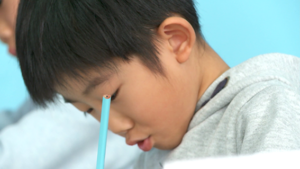Kumon Mathematics and English comes to Florey, Canberra!
Kumon Mathematics and English is coming to Florey, Canberra, to support all children to develop strong mental calculation and reading ability.
Kumon Florey Education Centre will be led by Deborah Brake, who has a 35-year career as a consultant for the public service and not-for-profit sectors, and also as a linguist for the Royal Australian Navy.
Deborah has experienced touchpoints with Kumon throughout her entire life. Some of her school peers were Kumon students and, later in life, Deborah spent a year working with Jane Hiatt at Kumon Tuggeranong Education Centre.
“This experience [at Kumon Tuggeranong] was invaluable for me”, Deborah said. “I was able to witness firsthand children studying two or three grades above their school level or having their own little ‘ah-ha’ moment when they were able to solve problems, they previously found too difficult.”
Deborah said she wants Kumon Florey Education Centre to become a place where all students can develop a foundation for lifelong learning.
“I know Kumon works. [Successful people] are successful because they have practised and developed their skills and knowledge”, she said. “They can problem solve. Along with development in English and mathematics, children can build their life skills with Kumon.”
“It is great to be a part of something that can deliver so much.”
Kumon Florey Education Centre opens on 1 September 2020 and is located at 3/26 Kesteven St, Florey, ACT. Classes are on Monday, Tuesday, Thursday and Fridays from 3:30pm to 6:30pm.
Should you wish to learn more about Kumon Florey Education Centre, we invite you to contact Deborah on 0490 013 086 or to email admin@kumonflorey.com.au.


























